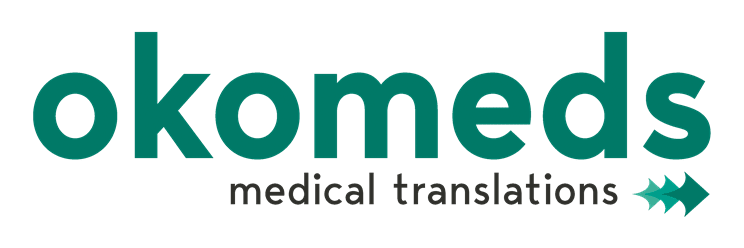
18 Oct Pharma translation and Pharmaceutical business, a winning pair
Today medical translators have databases and translation memories. The importance of expert translations is also revealed in their offer. Each day drugs and medicines count on standardized and streamlined translations, that are not only back-translated but also checked as many times as needed. The necessity of accurate language in pharmaceutical business implies that dealing with pharmaceutical products and services, machine translation does not meet the quality needs, being at the same time simple and easy for the targeted audience. When life is at stake every precaution must be in place.
How can Pharmaceutical companies keep up with all changes?
The pharmaceutical business in the 21st Century
During 1950’ and 1960’ new pharmaceutical regulations adapted and adjusted pharmaceutical production. The more regulations, the more responsibility for medical and pharmaceutical translators, as complying with everything not only requires good processes, products and clinical trials, but also all of this information must be presented to each country’s regulatory authorities in their own language and in a way that clearly shows the pharmaceutical industry’s compliance with the norms in force.
Increasing the pressure on the pharmaceutical business came to prevent cases as the thalidomide one. Drug Acts, amendments and safety regulations or committees appeared in the pharmaceuticals scenario in the middle of the 20th Century. What happens in the 21st Century? The fact that pharmaceutical companies have more requirements implies that R&D, although one of the main pillars of the pharmaceutical industry, is not the only area to take into account. Regulations require specific packaging, dosage guides, and instructions, containing crucial information that must be accurately translated into multiple languages. And of course, it must be accurate and simple to avoid misinterpretations by patients.
How can Pharmaceutical companies keep up with all these changes?. Two types of phenomena have appeared in the industry. On the one hand, the quantity and quantity of requirement encouraged the birth of smaller companies specialized in a specific field or areas. That is the case of CRO as regards clinical trials or pharmaceutical translation services to facilitate compliance in different languages. The other phenomena are perhaps more recent. After outsourcing specific services because it assured quality and costs were less, some big companies are opting to control them again. They are acquiring smaller players in the pharmaceutical business that keep their personality and activity, but have to answer to the mother company.
Curiously, these smaller companies have also been pioneers in externalizing their medical or pharmaceutical translation services. Only with standardized and effective translations, these smaller companies have been able to globalize their brands and even to sale modern pharmaceutical products.

Pharmaceutical and medical translation in the 20th Century
The 20th century was a period of profits in the pharmaceutical business. This meant an increase in research and development, in investments and in profits with a real expansion of studies and drugs and medicines available. We are talking about massive sales medicines such as Ibuprofen, Bayern Aspirin, Valium, Paracetamol or the contraceptive pill (as Viagra came much later).
From the big expansion to globalization, the path was a necessity. More investment and sales made a growing number of compounds possible. Demands came from everywhere. And here is where the medical and pharmaceutical translation services really stepped up, playing a huge role. Despite major workloads, these services were not equipped with modern translation systems. Products required translation by native speakers with double checks or more. Anything to assure accuracy.
A global demand of increasing number of pharmaceuticals made pharmaceutical translations the pivotal tool not only to access but to be successful in different markets. No wonder it is such a specialized area today. Another important consequence of growth was that the main pharmaceutical industry, formerly settled in Germany, leader since 1870’, was surpassed in many cases by other countries, especially the US, where proper global economy started in the pharmaceutical business, being starred by companies such as Sandoz, CIBA or Wyeth.
The earliest pharmacies and apothecaries
Although in a way different than the one they are now, pharmacies and apothecaries go really back in history to meet local or cultural remedies to illness or simply to enhance wellness. And curiously here the early “pharmaceutical business” meets with a growing tendency nowadays, wellness, anti-stress and dietary cures … a growing field for medicine translation.






Sorry, the comment form is closed at this time.